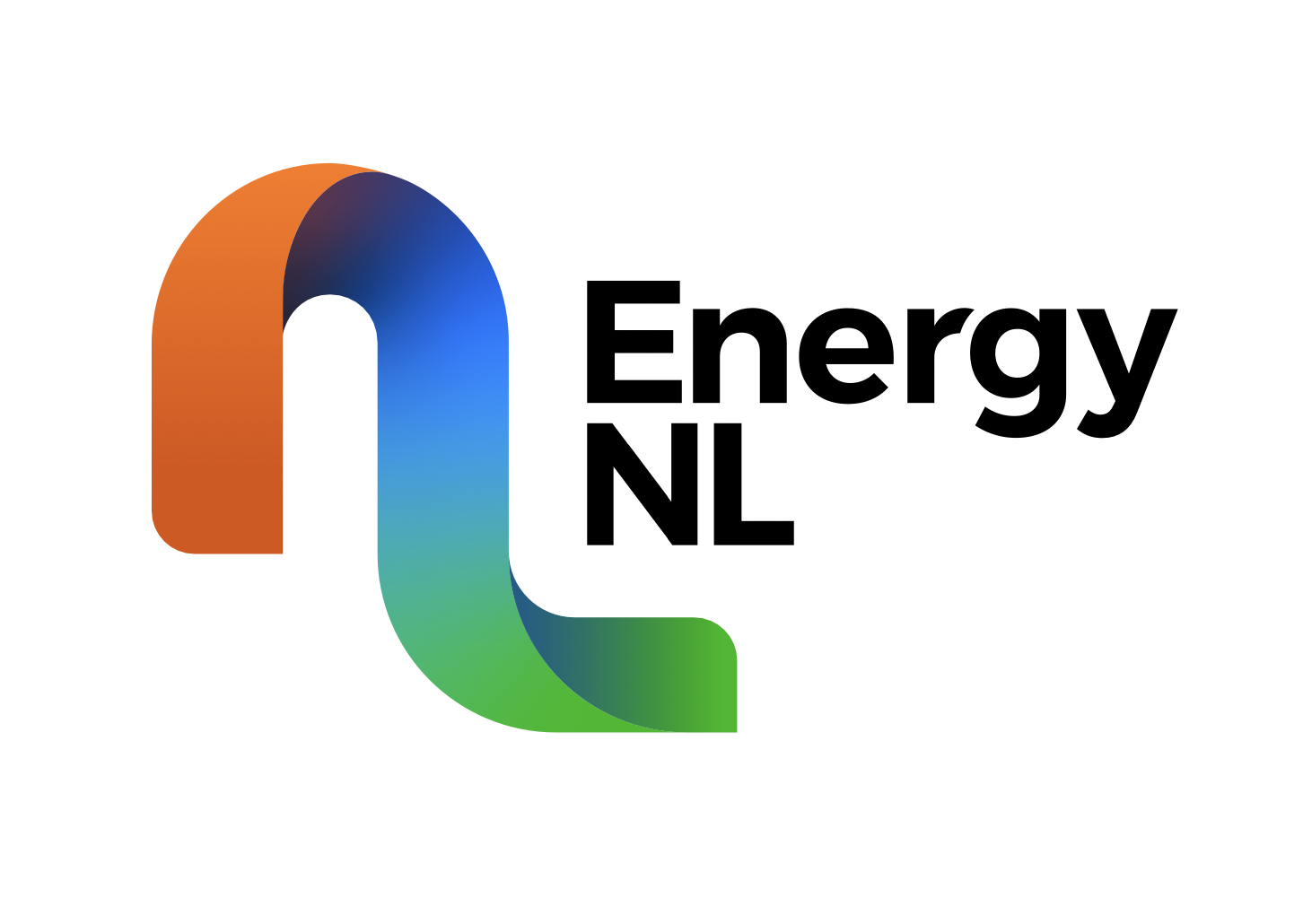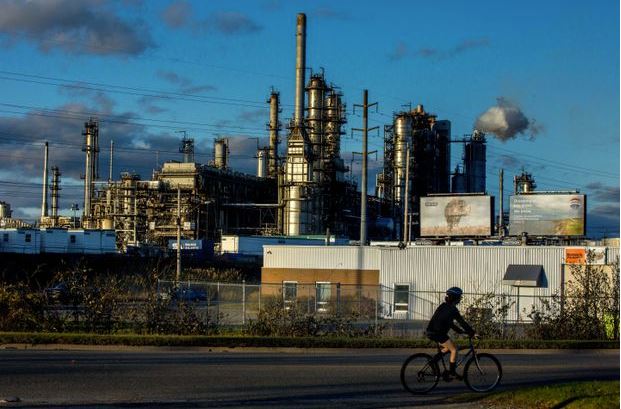Irving Oil Ltd.’s venture to use tankers to ship Western Canadian crude from B.C., through the Panama Canal, and up to its New Brunswick refinery is a return to the purpose of the failed Energy East pipeline project, former premier and Canadian ambassador Frank McKenna says.
“It’s a spectacular thing,” said Mr. McKenna, an early proponent of the pipeline that would have seen Alberta’s heavy-oil production linked with Eastern markets, including the Irving Oil refinery and export terminal in Saint John.
But the planned $15.7-billion Energy East project was shelved by TransCanada Corp. in 2017 after much-changed oil market conditions from the time it had been first proposed in 2013, new environmental requirements from Ottawa, and staunch opposition to pipelines in Quebec.
Irving Oil, also a key backer of Energy East, has said it’s looking to ensure the security of its feedstock supply as it navigates pandemic-induced turmoil in global oil markets. Irving has now been given the green light from the Canadian Transportation Agency to use foreign, medium-sized tankers to transport Canadian oil from Burnaby – the terminal for the federally owned Trans Mountain pipeline.
The initiative, which is still in the startup phase, would run for at least one year.
“This is a different version of Energy East,” Mr. McKenna said in an interview on Tuesday. “I think it’s patriotic. I think it’s pragmatic.”
The same tankers could also pick up Canadian oil from pipeline terminals on the U.S. Gulf Coast and from Newfoundland and Labrador. The Canadian crude would then be transported to Irving’s Saint John facility, the largest refinery in the country, for processing.
“From Western Canada to offshore Newfoundland, we’re expanding our reach as we continue to pursue solutions that help create energy security for our country,” Irving spokeswoman Candice MacLean said in an e-mail.
In a letter to the transportation agency, Irving said the plan will allow for effective and flexible supply chain planning, and will strengthen its connection to Canadian oil producers in a challenging and uncertain time. “As a Canadian company who owns and operates Canada’s largest oil refinery, Irving Oil should have access to Canadian crude oil from both offshore Newfoundland and Western Canada.”
Last month, OPEC and oil producers led by Russia agreed to cut output in May and June in a bid to try to stabilize global oil prices, which have been hit by a historic drop in demand as economies have shut down in response to the coronavirus pandemic.
Futures prices in the U.S. briefly dropped into negative territory last month, but oil has been rebounding in recent days as demand slowly improves. Still, storage is filled to near capacity, and the Canadian oil industry has warned of more bankruptcies and layoffs as it is forced to halt some production.
During more normal times, much of the crude oil used by the 320,000-barrel-per-day Irving refinery comes by marine tanker – it just doesn’t come from Western Canada. According to the Canadian Energy Regulator (CER), New Brunswick has the most diverse import slate of all of Canada’s provinces, with Saudi Arabia accounting for a significant percentage of New Brunswick’s crude oil imports.
However, the most recent data from the CER shows that the province has been importing less oil from overseas in recent years, and more from the U.S. At Irving, that feedstock is refined into gasoline, diesel, jet fuel and other refined products, much of it destined for export to the U.S.
Mr. McKenna – who served for a decade as New Brunswick’s Liberal premier until 1997 – was an active participant in the effort to bring together the Irving Oil and New Brunswick interests with TransCanada, now TC Energy Corp., and Alberta’s oil producers in supporting the Energy East project.
The pipeline ended up being a lightning rod for broader regional tensions over greenhouse-gas emissions from oil-sands production, and Canada’s approach to climate change.
The new Irving plan is a workaround to opposition to pipelines in Central Canada, and brings increased focus to other projects that if completed, could someday provide even more feedstock to Irving oil tankers.
The federal government is still building the Trans Mountain expansion – which would add capacity to Canada’s sole pipeline from Alberta to the West Coast.
And the Alberta government announced last month that it would provide financial support for TC Energy’s Keystone XL pipeline, which will someday allow for increased oil shipping capacity from Alberta to the U.S. Gulf Coast – where Irving also plans to take up Canadian oil.
Helping Canadian producers is a big side benefit, but there’s no way Irving would proceed with such a strategy without a solid business case, added Mr. McKenna, who now serves as deputy chairman for the Toronto-Dominion Bank. The world might be awash with oil, but Mr. McKenna said that with today’s uncertainty in global oil markets, Irving values having a diverse roster of supply.
“It’s really creating a great opportunity for the Irving Refinery to try different blends in Saint John, and buying – let’s be brutally frank – at deeply discounted prices in the West.”
—
Source: Globe and Mail | This text was excerpted from the media outlet cited on May 5, 2020 and is provided to Noia members for information purposes only. Any opinion expressed therein is neither attributable to nor endorsed by Noia.






